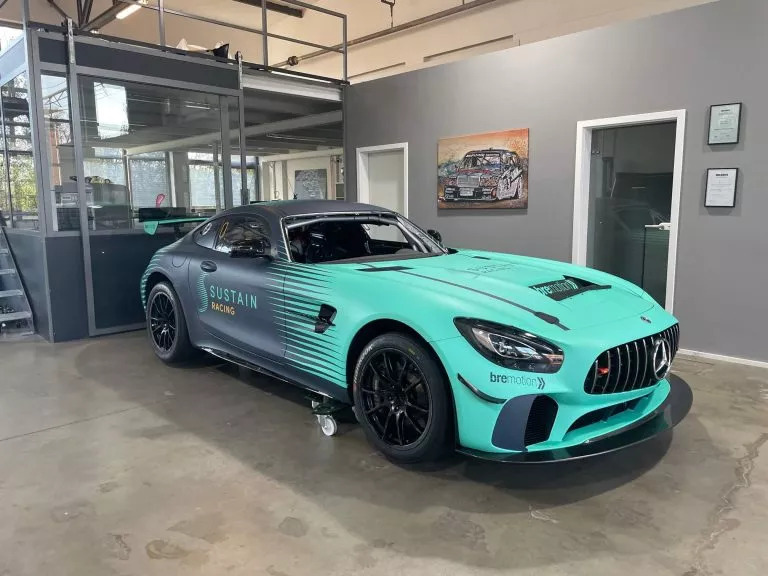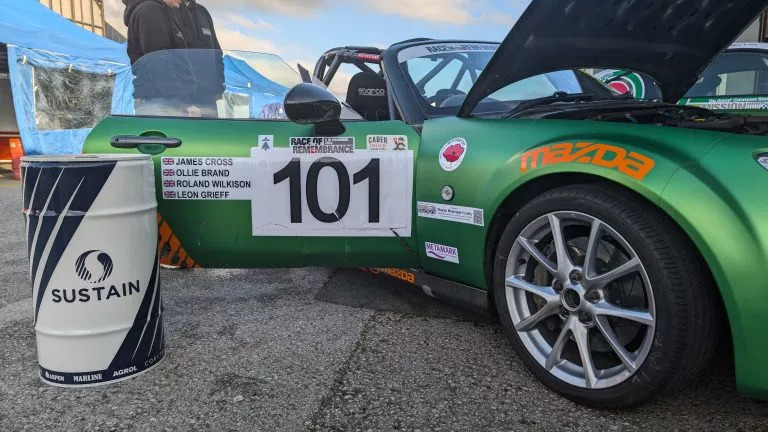
Second-generation biofuels could serve as a viable alternative to existing fossil fuels. If scaled up, they also have the potential to replace batteries or hydrogen.
Electric powertrains across all modes of transportation are slowly finding their place beside existing methods, if not replacing them entirely. Electrics aren’t without flaws, though. Electricity is only as clean as its source and battery storage and disposal is on course to become the next big environmental hazard in the not-too-distant future. Furthermore, there is also the carbon footprint of manufacturing an electric vehicle (EV) to account for.
Sustainable fuels serve as a promising alternative to this by protecting the environment as well as guaranteeing a future for the internal combustion engine by being a direct replacement for fossil fuels. First-generation sustainable fuels had certain limitations. They relied on crop production, whereas second-gen biofuels take a more environmentally-sound approach of breaking down bio-waste or decomposing organic matter in wastewater treatment plants. The benefit of this being that crop production and land need not be specially allocated for manufacturing these fuels.
Luke Goldsmith, the UK Sales Director of Coryton, stated that they take the waste material that comes from harvesting a crop such as wheat and break it down into a simple carbohydrate using an enzyme, after which it is fermented into ethanol and then, after several more chemical processes, becomes gasoline. Sustain say their products can also be easily distributed to motorists using the infrastructure put in place by the oil industry.
The Sustain biofuel range shows real promise for the motoring world and especially for those who don’t want to see the internal combustion engine confined to the pages of history. What is further encouraging is that their fuels are already powering some race machines competing at the pinnacle of their respective disciplines. The current challenges faced by Sustain include high costs of manufacturing with limited support from the authorities, which they say can be overcome with enough investment and scale. Given the amount of bio-waste generated in India, this could be a feasible avenue to pursue on our shores as well.
Read more: Suzuki Access 125 Updated For 2025




Leave a Reply